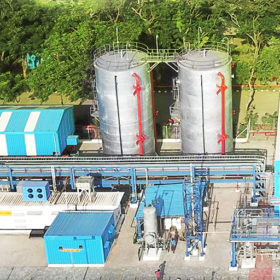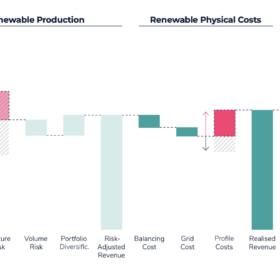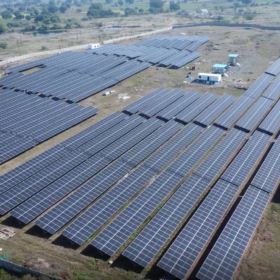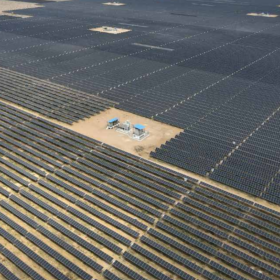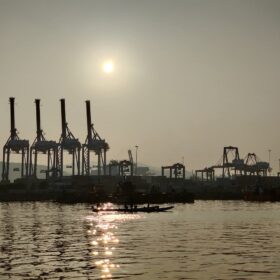Integrating solar and storage for industrial users: Lessons from early projects in Gujarat
Gujarat’s leadership in renewable deployment is now extending into the field of solar plus storage, with direct implications for industrial power users. Large grid connected projects in Kutch, storage additions at hybrid sites, and new battery initiatives aimed at supplying industries with on-demand renewable energy are all early examples of how solar and storage can work together in practice.
India must fast-track green hydrogen based steelmaking amid metallurgical coal supply risks: IEEFA
Indian steelmakers have begun adopting green hydrogen, but this option should become an even greater priority for the country as metallurgical coal supply risks intensify.
Oriana Power explores compact pumped storage for C&I customers, raises BESS target to 20 GWh by 2030
Oriana Power is expanding its focus beyond battery energy storage to compact pumped-storage solutions—a new generation of systems that the company believes could redefine the future of commercial and industrial (C&I) energy management.
New generation of IPPs is emerging, says Pexapark
Renewables research firm Pexapark says Europe’s independent power producers (IPPs) are evolving into customer-centric platforms with a focus on adding battery energy storage systems (BESS) to their portfolios and more structuring and pricing capabilities to prepare for the next wave of deals.
Havells India partners Kundan Green Energy on solar project for self consumption
Havells India has partnered with Kundan Green Energy to develop a 15 MW AC solar project in Rajasthan for captive power consumption. The project will be implemented through Kundan Solar (Pali), a special purpose vehicle (SPV) created to develop, install, operate, and maintain solar power plants.
Bondada Engineering commissions 48.47 MWp solar projects across India
Bondada Engineering Ltd has announced the successful commissioning of 48.47 MWp of solar power projects for Paradigm IT, MAHAGENCO, and NLC India Ltd.
India installed 6.1 GW open-access solar in 9M 2025, says Mercom
India added 6.1 GW of open-access (off-site commercial and industrial) solar capacity in the first nine months (9M) of calendar year (CY) 2025, up around 13% from the 5.4 GW installed during 9M 2024—according to a new report by Mercom.
Candi Solar secures $58.5 million from IFC
Candi Solar, a provider of distributed solar solutions for commercial and industrial (C&I) businesses, has secured $58.5 million in funding led by the International Finance Corp. (IFC), a member of the World Bank Group. The facility will directly finance nearly 200 MWp of new projects.
Renewable energy assets life-cycle management through tech-enabled maintenance strategies
Modern wind turbines and solar plants generate large volumes of operational data. By leveraging analytics, inefficiencies can be identified, performance assessed in real-time, and emerging issues addressed before they escalate. A dynamic operations and maintenance (O&M) support system builds on this intelligence to provide a strong grip on performance levels while minimising downtime.
India expected to add 41.5 GW of new solar capacity in FY2026
JMK Research expects India to add around 41.5 GW of new solar capacity in FY2026 (twelve months ending March 31, 2026). Of this annual addition, around 32 GW is expected to come from utility-scale projects, 8 GW from rooftop solar, and 1.5 GW from off-grid systems.

